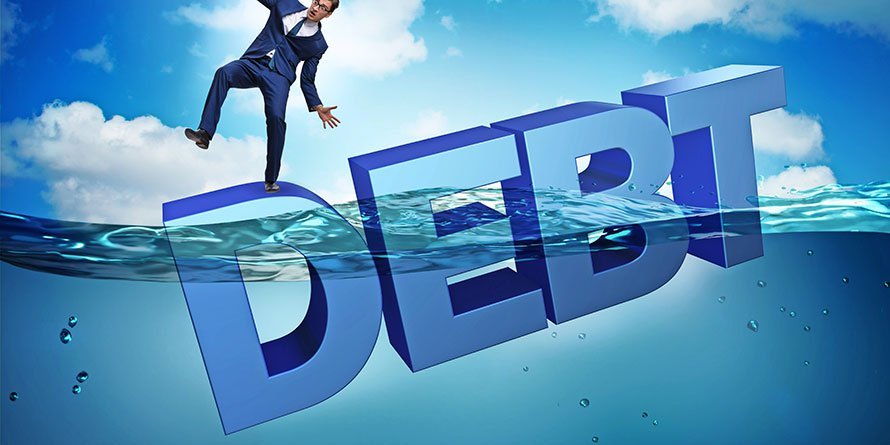Kenya’s decision to seek debt relief under the G20 debt service suspension initiative (DSSI) is a welcome move, but a far cry from dealing with the debt crisis. Kenya plans to defer $690 million (Sh75 billion) in debt repayments. This comprises about 7 percent of total debt and is just under a quarter of Kenya’s foreign debt burden.
Whereas the move will offer relief from interest payments to international development partners, the bulk of Kenya’s foreign debt, around 63 percent, is owed to commercial lenders.
Of that amount, China is the single largest creditor with 28 percent of all foreign debt secured bilaterally, to finance the standard gauge railway (SGR) at rates slightly higher than commercial rates. Domestic debt makes up the largest share of Kenya’s debt portfolio at around 54 percent of total debt.
What is the DSSI?
The debt service suspension initiative (DSSI) is a facility set up by multilateral lenders (World Bank, International Monetary Fund (IMF) and others) to help poor countries deal with the impacts of the Covid-19 pandemic, to safeguard the lives and livelihoods of millions of the most vulnerable people.
Aside from offering relief, the facility seeks to instill robust transparency principles such as the DSSI website which offers a country-by-country accounting of the participants. A quick review of the site indicates that Kenya’s total foreign debt now stands at $630.8 million.
The service guidelines also require public participation and accountability to citizens in the use of the funds, areas where government has been steadfastly noncompliant.
In taking this step, Kenya joins other African countries such as Ethiopia, Ghana, South Africa, Uganda and Senegal in pushing back against the punitive stranglehold of commercial borrowers.
The government seeks to benefit from the hard-fought campaigns of international debt relief civil society lobbies pushing for a reprieve from commercial lenders in the face of the pandemic, to ensure tax justice and protection to the most vulnerable in society.
Debt relief not a license to steal more…
But we are not out of the woods by a long shot. Debt in Kenya has grown three-fold under the Jubilee Party administration driven by flagship projects that are riddled with corruption allegations.A report by the Heritage Foundation scores Kenya at 28.2 per cent in terms of government integrity due to rampant corruption. The report states that: ”The poor investment regime lacks efficiency and transparency, discouraging investment activity”.According to the Director of Public Prosecution, Kenya has […]
